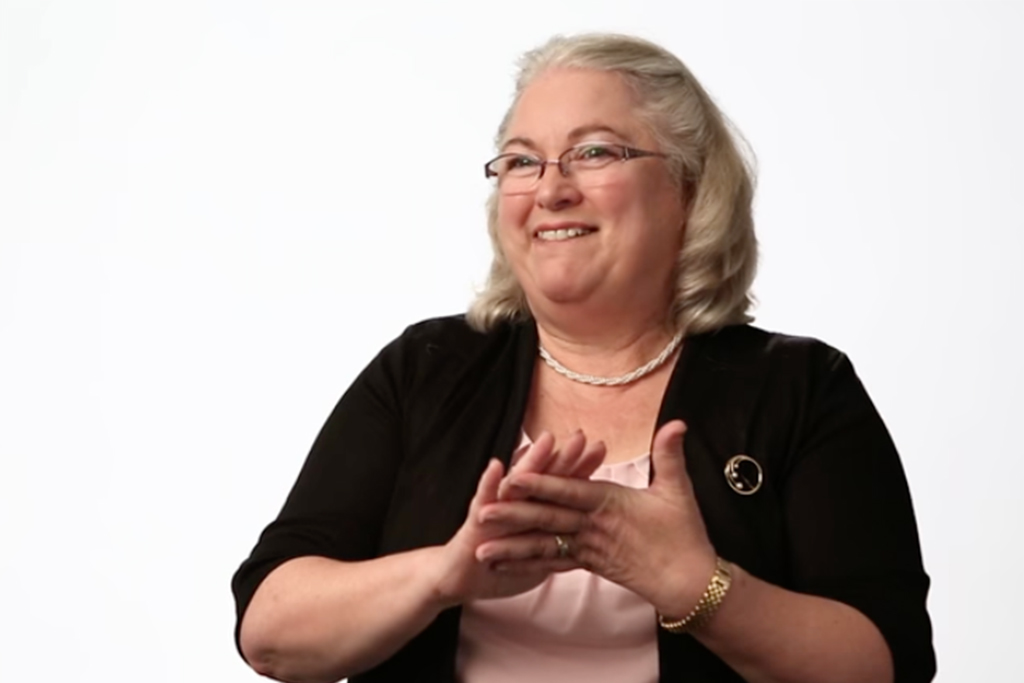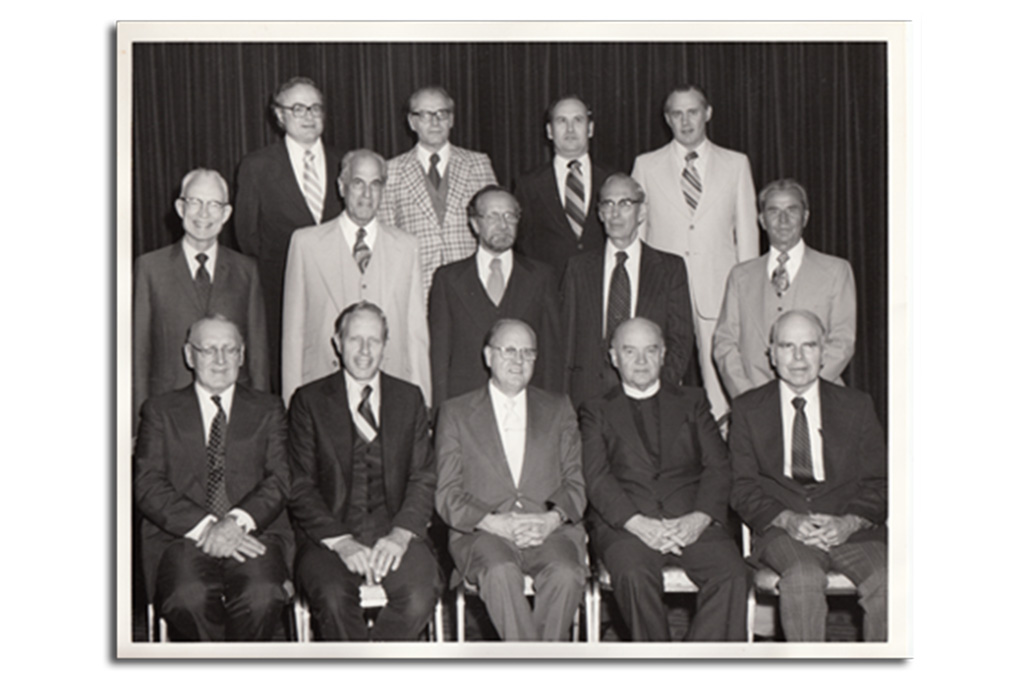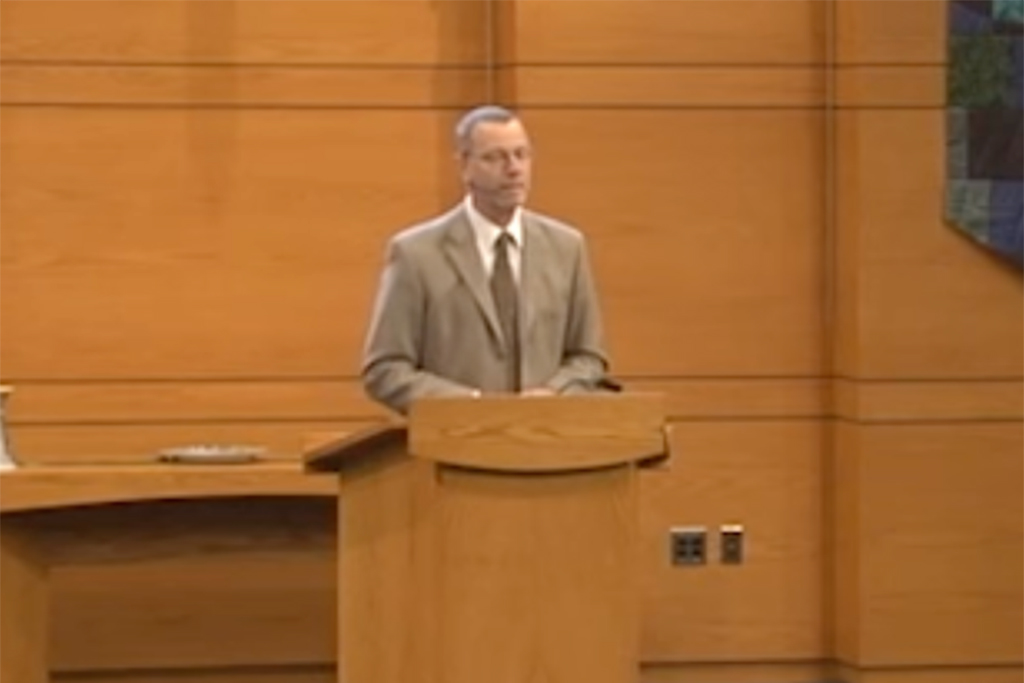
The Accuracy, Beauty, Clarity and Dignity of the NIV
Transcript
Dr. Karen Jobes: The process of Bible translation really needs a number of people to contribute to it in order to achieve accuracy, beauty, clarity, and dignity. Those are the ABCDs of the NIV. Accuracy, we need scholars who specialize in all parts of biblical canon. There is no one person who can really do that, and to do that with the level of expertise needed to assure the accuracy to the original texts.
Dr. Bill Mounce: One of the interesting transitions you have to make, like from first-year Greek to second-year Greek, in first-year Greek, it’s just get the words right. It doesn’t matter how it sounds or how weird it is. Just get the words rights. If it’s a future, make it a future, that kind of stuff. When we take students in the second year, we start saying, OK, style starts to matter here. You can’t make Paul sounds like he is uneducated, like he doesn’t know how to use language, like he doesn’t know how to communicate. If a second-year Greek student translates Paul like we do in first, it makes him sound like he is not really competent. One of the things that I have learned in the NIV in how to help make people sound like what they really are. Paul has a really good command of Greek. The beauty of that needs to come through in our translation. You know, 2 Peter is a little rougher, and so the English of 2 Peter should be not quite as beautiful. The Greek of Luke and Hebrews is just beautiful. So, you have to make the translation reflect the actual nature of the author, and so the whole issue of beauty in translation is important, especially for those that really have a good command of the Greek language.
Dr. Paul Swarup: NIV is easy to read, and particularly in our congregation setup, public reading just sounds so nice. It is easy for the reader. We have several lessons read in a morning worship. We have a least four readings from the Scripture which is read out in public. You need a translation which is smoother. It shouldn’t be one that people are trying to figure out what the meaning is. So they are hearing it, and so it needs to be heard well and understood well. So, some of these we read several times before we finally say, “You know, that sounds really good.” We sort of put options one against the other read out by somebody and then we finally take a cause. Beauty is definitely one of the things that we look for.
Dr. Bruce Waltke: Beauty is hard to define. It is something that you feel, it is something to which you respond, and so therefore, I think the NIV was successful because the community could feel the beauty of the English language in a modern version. I am committed to being in the language of the people clear, and yet having to represent every meaningful unit of that text. In other words, we as linguists, when we talk about morphemes and every morpheme has a meaning about it. In my mind, when I am translating, every morpheme has to be represented in the language of the people, and that’s a very demanding thing. I feel called to do that.






